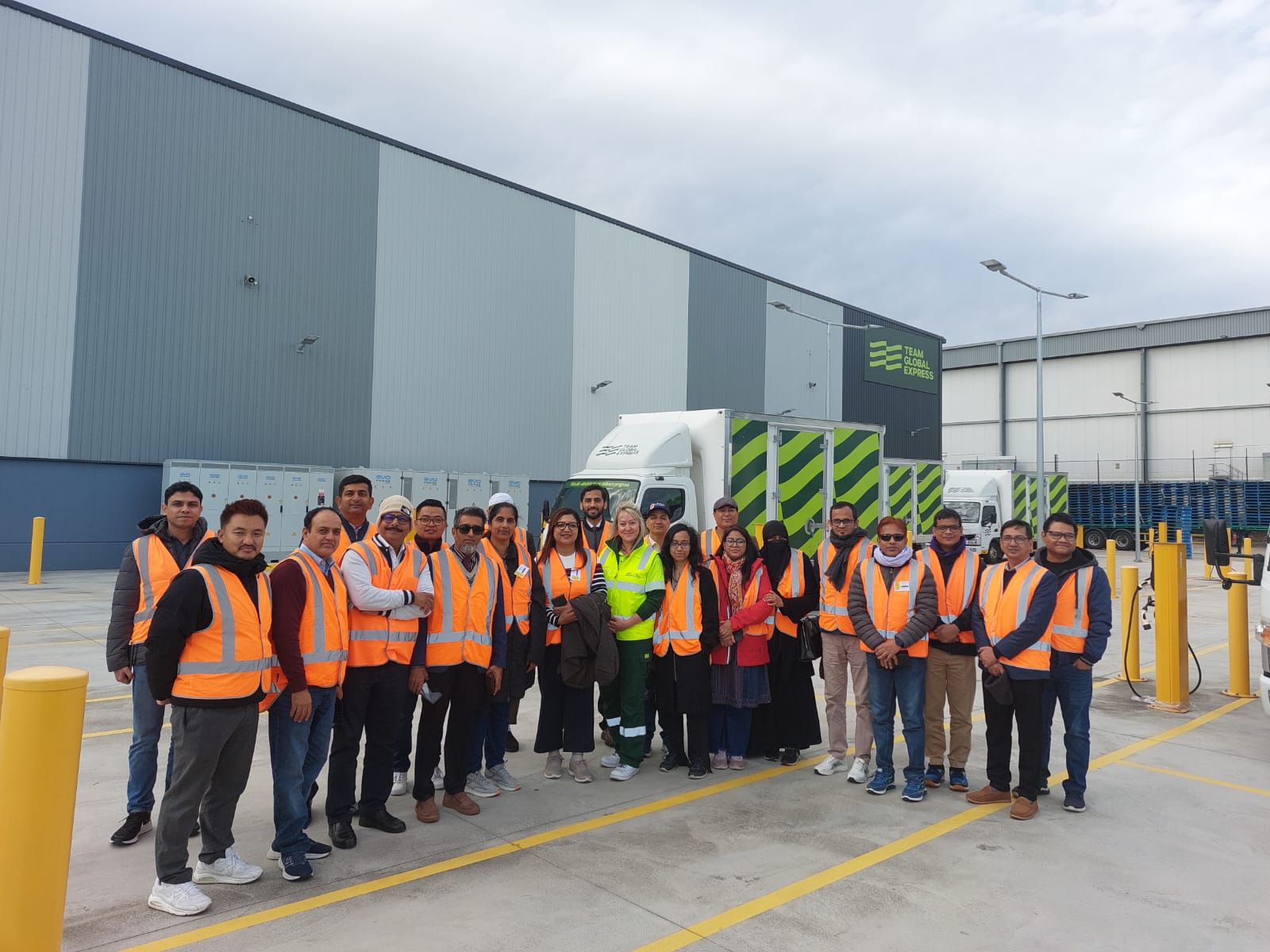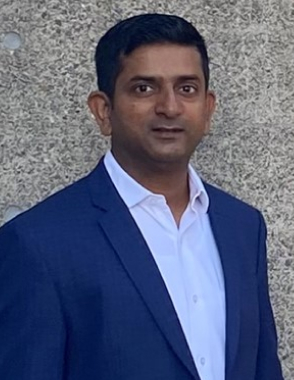Rahul Bhagwat
"Course: Digitalisation of Supply chains and Logistics (July 2025)"

"Course: Digitalisation of Supply chains and Logistics (July 2025)"

Digital transformation is a key priority for South Asian economies and serves as a new paradigm of development and economic prosperity in the region. Adoption of technology to automate and optimize supply chains and operations holds capacity to decrease overall costs, increase efficiency and transparency, and build resilient logistics, especially in times of unpredictable geopolitical and environmental risks. With this vision, SARIC organized a ‘Digitalisation of Supply Chains and Logistics’ course in July 2025, with participants from Bangladesh, Nepal, Pakistan, Bhutan and India.
Rahul was one of the few participants from the private sector, bringing unique perspectives and understandings of logistics efficacy to the table. “Digitalisation and Tech across South Asia comes in different maturity levels across different countries and even across public and private sectors. For example, in terms of PPPs (public-private partnerships), India has a very similar structure to Australia already, and we are doing them quite well. But what drew my attention was the scale of investment that has happened in Australia for creating a nexus of mechanization with tech, which we haven’t seen here yet. I also learnt about new concepts in tech such as the utilization of blockchains and digital twin technology; and I am now in conversation with our business and tech teams to brainstorm how we can implement them for our ports in India.”
Rahul also mentions learning about how the logistics industry can leverage technology to advance climate resilience. He speaks of using AI for sustainability, where artificial intelligence can be used to track energy consumption and efficiency, and even improve waste reduction strategies. Rahul emphasizes tailoring the lessons learnt to his specific projects and disseminating his learnings within his organization to check which solutions are viable within his area of work. “India, especially the private sector, is on a roll in terms of tech advancement and adoption. But there is always scope for betterment and to learn something new from different places and people. I went to Australia with an open mind, to learn and absorb everything that we saw, and figure out how can we make those technologies work for us.”
Beyond Australian expertise, Rahul also sees merit in his conversations with the other South Asian participants from his course, and with the broader SARIC alumni community. He found his interactions with his fellow cohort members from neighboring countries enriching; and learning about the different stages of digitalisation that each country stood at was also eye-opening. He believes that such diversity created a great environment for lessons-sharing and building connections. Rahul sees great potential for the SARIC alumni network to become a platform for knowledge exchange and says that he looks forward to having some fruitful interactions with other alumni in the future.